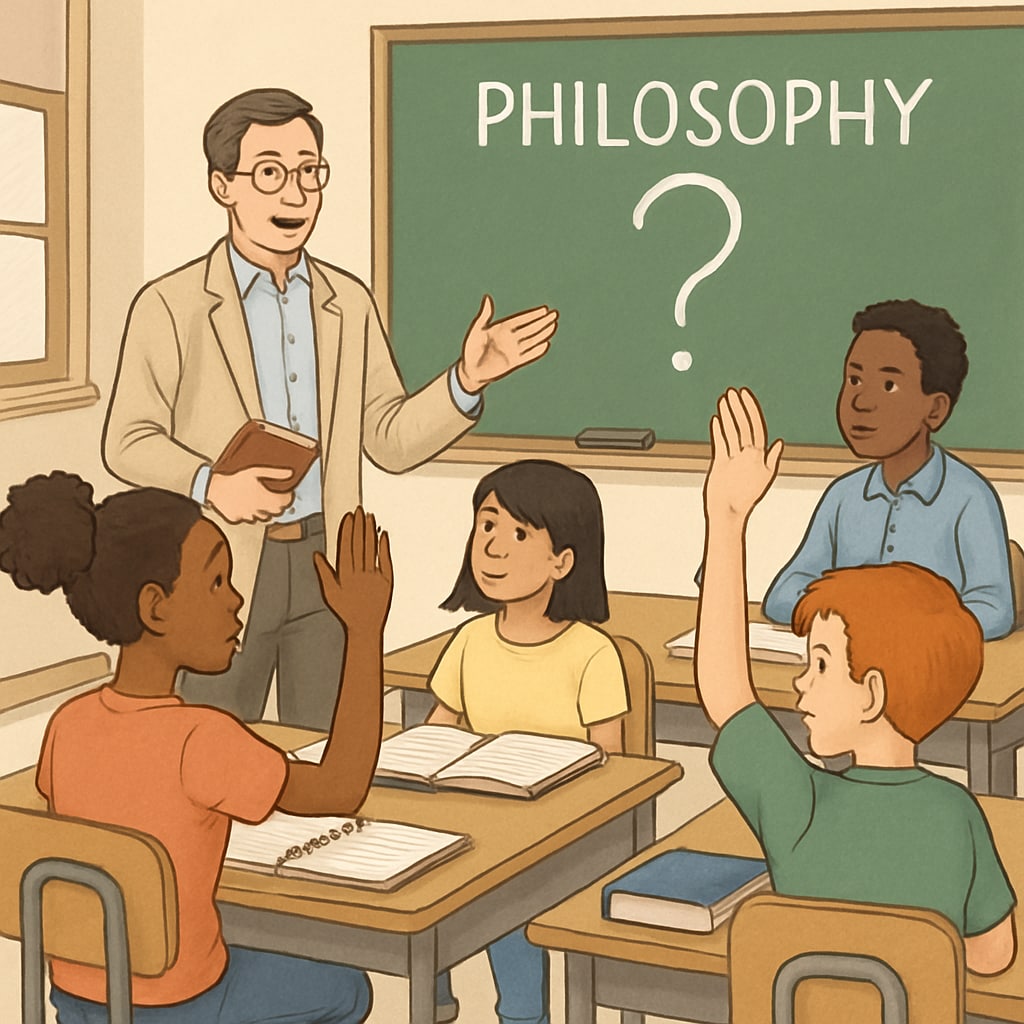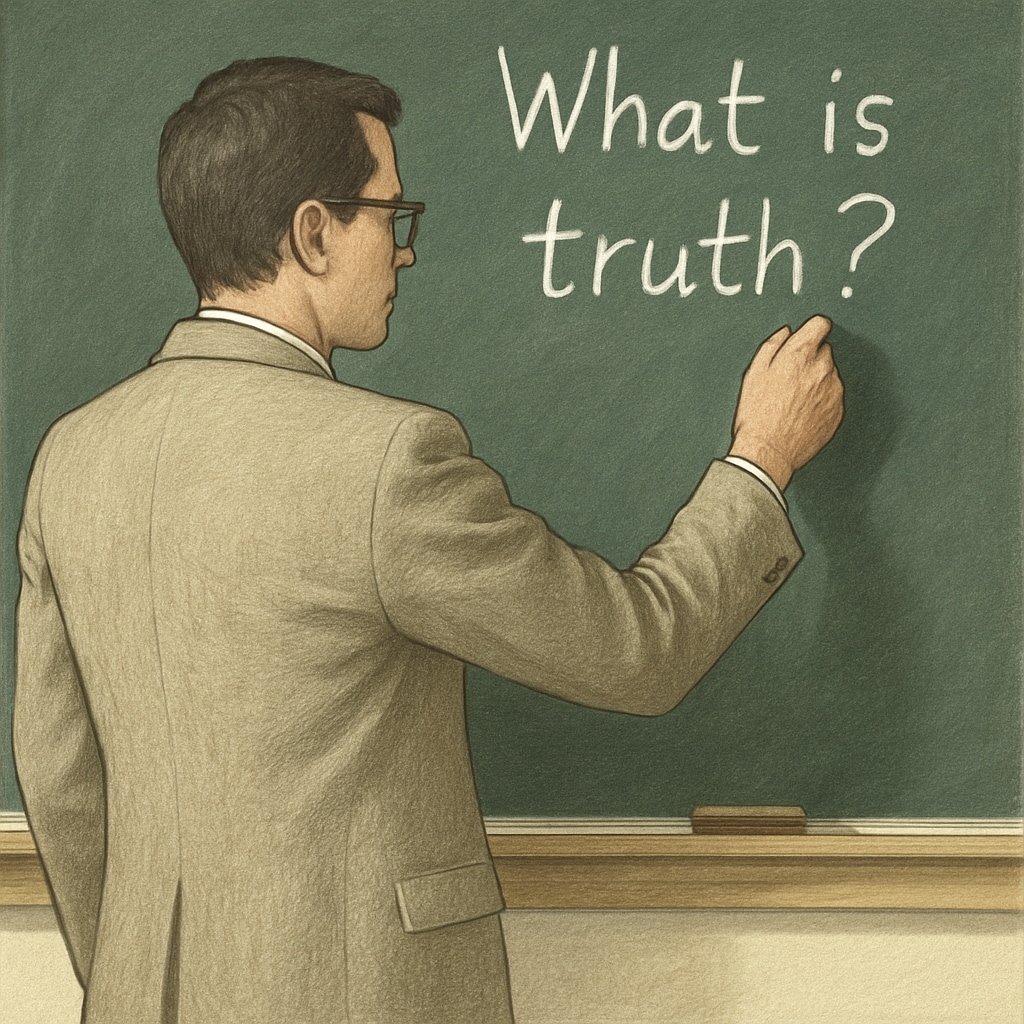Philosophy, often viewed as a subject reserved for higher education, is now gaining attention for its transformative potential in K12 education. Through a groundbreaking social experiment, we aim to explore how integrating philosophical thinking into school curricula can nurture critical thinking, problem-solving skills, and ethical reasoning among students. To achieve this, we are reaching out to philosophy teachers and volunteers eager to contribute to innovative educational research.
The Role of Philosophy in K12 Education
Philosophy encourages students to question, analyze, and reflect—skills essential for navigating today’s complex world. By introducing young learners to philosophical concepts, educators can foster intellectual curiosity and moral awareness. For example, discussing topics like justice or fairness can help children develop a deeper understanding of ethical decision-making.
Research supports the benefits of philosophy in schools. A study by the Education Endowment Foundation revealed that primary school students who engaged in weekly philosophy sessions showed improvements in reading and math, alongside enhanced social skills. These findings underline the interdisciplinary advantages of philosophy, making it an invaluable addition to K12 education.

How Social Experiments Can Shape the Future of Education
Social experiments offer a unique platform to test and refine innovative educational methods. By involving philosophy teachers as active participants, we can gather valuable insights into how philosophical inquiry impacts students’ cognitive and emotional development. These experiments also allow educators to adapt teaching approaches to diverse classroom dynamics.
For instance, a pilot program in a middle school setting might involve weekly philosophy workshops, where students discuss topics like personal identity or environmental ethics. Teachers would document their observations, providing qualitative and quantitative data for analysis. This collaborative effort between educators and researchers could inform broader educational reforms.

A Call to Action: Philosophy Teachers and Volunteers
We invite philosophy teachers and volunteers to join this transformative initiative. Whether you are an experienced educator or a philosophy graduate passionate about teaching, your expertise is invaluable. By participating, you will contribute to a growing movement that seeks to redefine the purpose of education in the 21st century.
To get involved, you can sign up as a volunteer for our upcoming social experiments. We provide training materials and ongoing support to ensure a rewarding experience. Together, we can create a generation of thinkers prepared to tackle the challenges of tomorrow with wisdom and empathy.
Learn more about the program and how to participate by visiting our website or contacting us directly. Your contribution could make a lasting impact on the future of education.
Readability guidance: The article uses short paragraphs and lists to improve readability. Transition words such as “for example,” “therefore,” and “in addition” ensure smooth flow. Images are strategically placed to enhance engagement and context.


